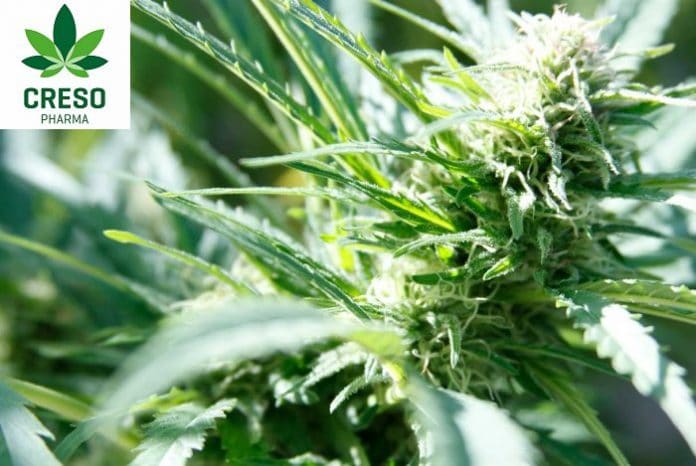Creso Pharma (ASX: CPH) has announced it has inked an agreement with CB Distributors Limited that will see its cannabidiol-based product cannaQIX 50 introduced to New Zealand.
CannaQIX 50 is a lozenge product containing a cannabidiol (CBD) formulation (50mg of CBD), plus vitamins B6, B12, C and zinc. It’s a “nutraceutical” that aims to reduce stress, support psychological and nervous functions and the management of chronic pain.
“This marks the first launch of Creso’s CBD product, made from full spectrum hemp plant extracts, in the APAC region, a market which is projected to be worth over US$700 million in sales by 2022,” states the company.
It’s been projected that 23% of the worldwide spend on CBD products will take place in the Asia Pacific region by that year. New Zealand’s Ministry of Health estimates up to 235,000 NZ residents use cannabis for medical purposes.
Last year, Creso announced it signed an agreement with Health House International, which would see the import and distribution of the lozenges to pharmacies throughout Australia. That was expected to occur early this year, however is yet to happen.
In May, Creso said it had sealed a deal with another company to market and distribute cannaQIX in the Benelux region (Belgium, the Netherlands, and Luxembourg).
Also in May, the company announced a joint venture that will see it entering the cannabis market in Israel, with a goal of producing up to 2,500 kilograms of cannabis annually.
As well as cannaQIX 50, Creso Pharma is developing products in a number of different categories : therapeutics, animal health, nutraceuticals, skin care and lifestyle.
What may be a bit of a dampener on the firm’s sunny outlook for cannaQIX is a study published in the journal Lancet Public Health this week suggesting there was no evidence that cannabis use improved outcomes in patients with chronic non-cancer pain.
“People who used cannabis had greater pain and lower self-efficacy in managing pain, and there was no evidence that cannabis use reduced pain severity or interference or exerted an opioid-sparing effect,” it states.
However, the study’s results have been called into question – including the fact that patients were not questioned on the form, strain or source of their cannabis. Even the study’s lead author acknowledged the reasons for their results were very difficult to disentangle.


